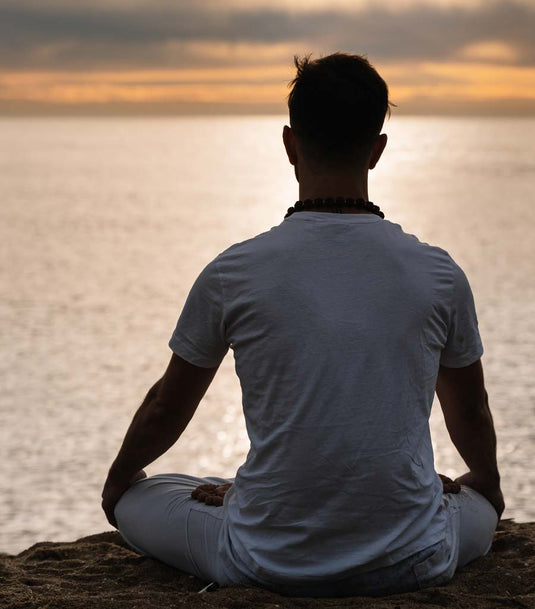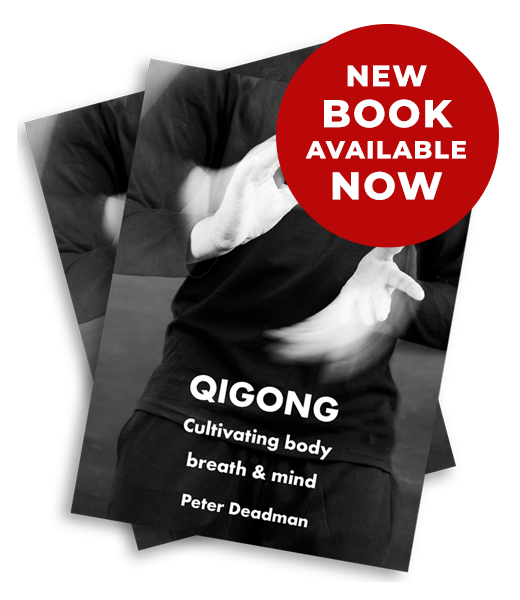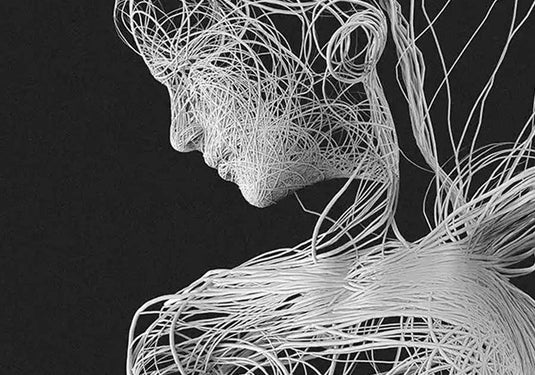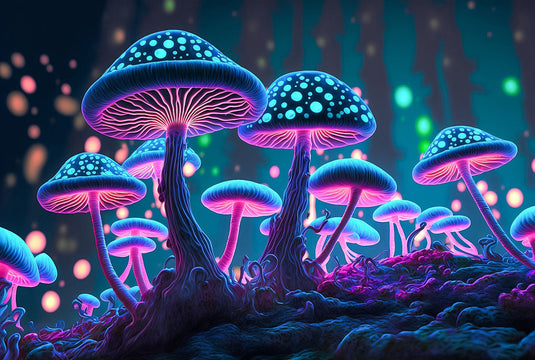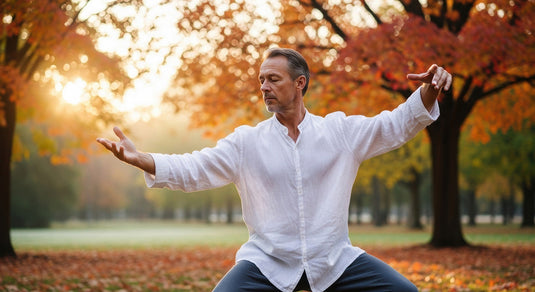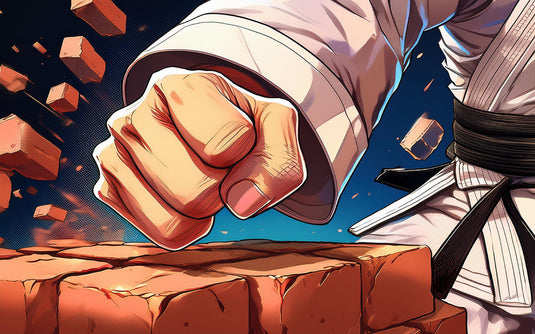I risk self-indulgence by posting something more personal than I usually do in this blog. If any part of it resonates (or causes discord), please respond and we can debate it.
So … I recently got back from a ten-day qigong camp in Devon which I teach at every year. And as happens every year, the camp presents me with massive rewards (community, nature, qigong, music, dance, poetry, friendship, laughter and more) as well as quite a few challenges. One of these that crops up for me year after year is the question of ‘belief’.
I was brought up in an atheist home and apart from brief dabbles with Buddhism, I’ve been pretty immune to the idea of having a belief. The conventional belief in God, for example, utterly mystifies me. I have also observed that with the decline of conventional religion, in the UK at least, the ‘believing’ gap is occupied instead by all manner of strange phenomena, from chemtrails to superstitions to conspiracy theories to … and here’s the tricky bit … to the new age world of qigong and suchlike. It’s as though most of us have a belief centre somewhere in the brain that just has to be filled.
So on camp, I keep butting up against beliefs that I find I just can’t sign up to (though part of me would love to). For example, unlike many, I don’t believe in transmission of external qi or external qi healing (although I used to). Nor do I believe that praying, or sending healing thoughts, or blessing food or water or tea or anything, has any objective effect. [Incidentally, that also frees me from having to worry about its necessary corollary – that evil thoughts and curses can harm people at a distance. We pretty much ditched all that stuff a few centuries ago.]
This is not to say, of course, that we humans don’t affect each other in many, potentially healing, ways – our words, tone of voice, silences, manner of expression, posture, face and complexion, listening skills and so on. Have a look at the closing quote below from the 4th century BCE Guanzi, which expresses this so much better and more poetically.
I should also clarify in passing that I am passionate about qigong and have found it the form of self-cultivation that best meets my needs. But I am as much in awe of its delivery of everyday (‘normal’) wonders as alienated by the belief that it delivers any paranormal ones. I am 100% with the 19th century doctor Fei Boxiong who said,
“There exist no miraculous methods in the world, only plain ones, but the perfection of the plain is miraculous.”
So what’s the alternative to belief? For me, belief is closed-loop thinking and is generally immune to contradicting evidence once the belief is signed up to. The best alternative word I can find is ‘philosophy’ or even ‘science’. What both have in common is a commitment to attentive observation, continuously evolving hypotheses, and a passion for evidence, even if it means (and it usually does) having to give up fondly held ideas in the light of new information. It seems to me that this is the most illuminating approach to the study both of the external world and of our inner selves – our desires, feelings, prejudices and so on.
Anyway, I have found that when I express these kind of thoughts, it often invites the challenging question (or accusation), ‘so aren’t you spiritual at all’?
Being precise, I’d say no, because I find the term ‘spiritual’ to be tainted, deriving as it does from dualistic Christian thinking about the release of pure spirit from contaminated matter. This matter (root ‘mater’ from Latin = mother) of course includes the sinful body. One reason I so love Daoist and yinyang philosophy is that it rejects this unhealthy split.
Instead, I’d replace ‘spirituality’ with a word like ‘transcendence’. For example, when I practise qigong, or commune with nature, I sometimes (I wish it was more often) transcend my normal, smaller self and experience myself as connecting, belonging to something much bigger … I could call it ‘the everything’ or ‘the Dao’.
Even more, I find this transcendence in the indisputable, puzzling, everyday miracles that surround us at every moment … the mysteries of life and death, the unique arising of plants and insects and animals, the immeasurably vast universe we live in, human wisdom and creativity, poetry and music, love and tenderness.
To finish this rambling blog, here are the wonderful and inspiring words of the 4th century BCE Guanzi.
“The complete mind cannot stay hidden in the body. Rather, it takes shape and appears on the outside. It can be known from the complexion of the face. When people meet someone whose appearance and mind are full of positive energy, they will feel happier than if they had met their own brother. On the other hand, when people meet someone with negative energy, they will feel more hurt than if they had been confronted with arms. His words without words [his radiance] will sound better and further than the vibrations of an eight-sided drum. When the complete mind appears on the outside, it shines brighter than the sun, and people recognize such a person easier than their own children.”
